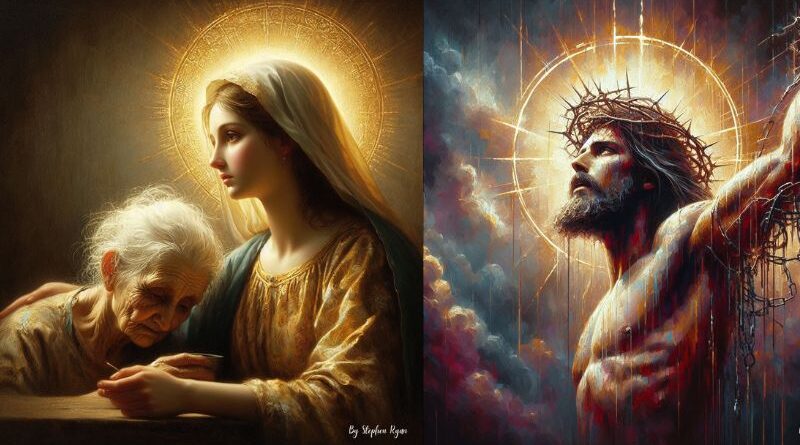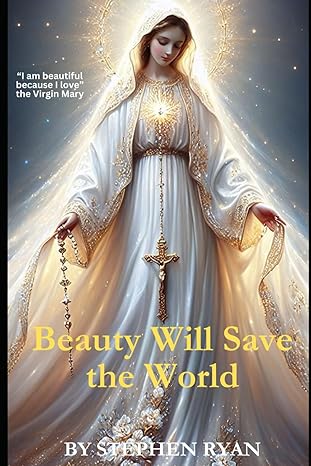How Mary Gives Us Power Over Death
The Catholic understanding of Mary’s role in relation to death is complex and rooted in her unique relationship with Jesus. It’s not that Mary herself grants power over death in the sense of a direct, independent power. Rather, her role is understood in the context of salvation history and her cooperation with God’s plan. Here’s a breakdown:
- Mother of God (Theotokos): Mary’s most important title is “Mother of God” (Theotokos). By giving birth to Jesus, who is both fully God and fully human, she played an essential role in the Incarnation, God becoming man. This is the foundation of our salvation, as Jesus’ death and resurrection conquered death.
- Cooperation in Salvation: Catholic theology emphasizes Mary’s “fiat,” her “yes” to God’s plan at the Annunciation. This acceptance is seen as a crucial act of cooperation with God’s plan of salvation. By freely choosing to be the Mother of God, she participated in the events that led to Christ’s victory over death.
- Intercession: Catholics believe that Mary, as the Mother of God and the first among believers, intercedes for us with her Son. This means she prays for us to God. While she doesn’t grant power herself, her prayers are believed to be particularly powerful due to her unique relationship with Jesus.
- Assumption: The Catholic Church teaches that Mary was assumed body and soul into heaven at the end of her earthly life. This is seen as a unique grace granted to her as the Mother of God and a foreshadowing of the resurrection of all believers. It signifies her complete victory over death and corruption.
In summary, Mary’s role in relation to death is not one of direct power, but rather one of participation in God’s plan of salvation. Through her “yes” to God, her motherhood of Jesus, her intercession, and her own Assumption, she points us to Christ, who is the ultimate source of our hope and our victory over death. It’s through Christ, her Son, that we receive the power over death, and Mary’s role is to guide us to Him.


